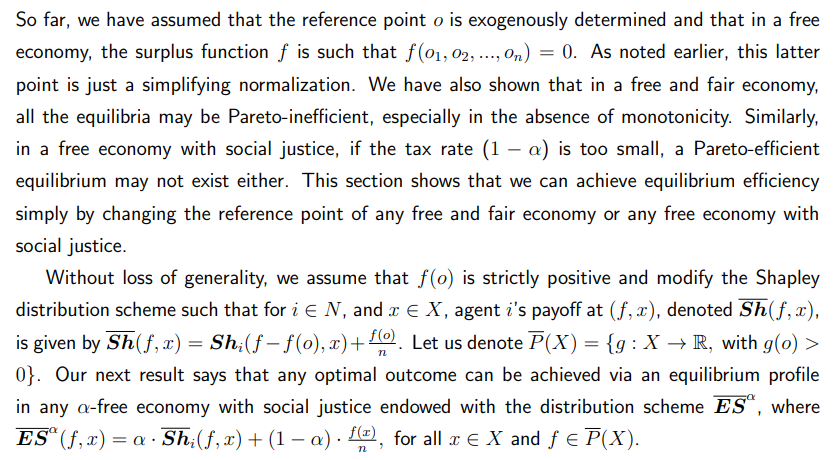Fed Wins Legal Battle Over Custodia Bank Master Account Denial
The US Court of Appeals for the Tenth Circuit ruled against Custodia Bank on Oct. 31, affirming the Federal Reserve’s authority to deny the crypto-focused bank’s application for a master account. The 2-1 decision upheld a lower court judgment in favor of the Federal Reserve Board of Governors and the Federal Reserve Bank of Kansas City.
The court held that Federal Reserve Banks have discretion to reject master account applications from statutorily eligible institutions. Judge Ebel’s majority opinion rejected Custodia’s argument that Section 248a(c)(2) of the Monetary Control Act, which states services “shall be available,” creates a mandatory duty to grant accounts, according to the court opinion. The majority found that Section 342 of the Federal Reserve Act, which states a Reserve Bank “may receive” deposits, grants discretionary authority.
Master accounts provide banks with direct access to the Federal Reserve’s payment systems and allow institutions to hold reserves at the Fed.
Custodia had argued the Monetary Control Act’s language requiring that Federal Reserve services “shall be available” created a non-discretionary obligation. The bank contended that as a Wyoming-chartered Special Purpose Depository Institution eligible under federal law, it was entitled to an account.
Court’s Reasoning and Dissent
The majority opinion stated that reading a major access mandate into the Monetary Control Act’s pricing principles would be “finding an elephant in a mousehole.” The court also cited the 2022 Toomey Amendment, which requires reporting on rejected applications from eligible entities, as evidence that Congress understood rejections could occur.
Judge Tymkovich wrote a dissent arguing the Monetary Control Act’s “shall be available” language is a clear command. The dissent raised concerns under the Appointments Clause, warning the majority’s ruling grants “significant yet unreviewable executive authority” to unappointed officials.
The Federal Reserve Bank of Kansas City denied Custodia’s application in January 2023, citing heightened risks from its “novel” and “crypto-asset focused” business model.
Custodia CEO Caitlin Long, a Wall Street veteran, founded the bank to serve digital asset companies using a Wyoming SPDI charter.
Unlike federally chartered banks, which automatically receive master accounts, state-chartered institutions like Custodia must apply separately for Fed access. The bank had applied for the account in October 2020 and initially sued the Fed in 2022 over alleged delays exceeding 19 months.
nextThe post Fed Wins Legal Battle Over Custodia Bank Master Account Denial appeared first on Coinspeaker.
You May Also Like

SEC approves new exchange listing standards fast-tracking crypto ETF listings

XRP Liquidation Imbalance: Analyst Explains What It Means
